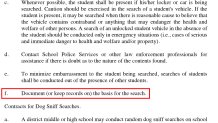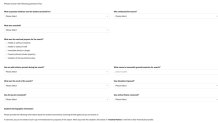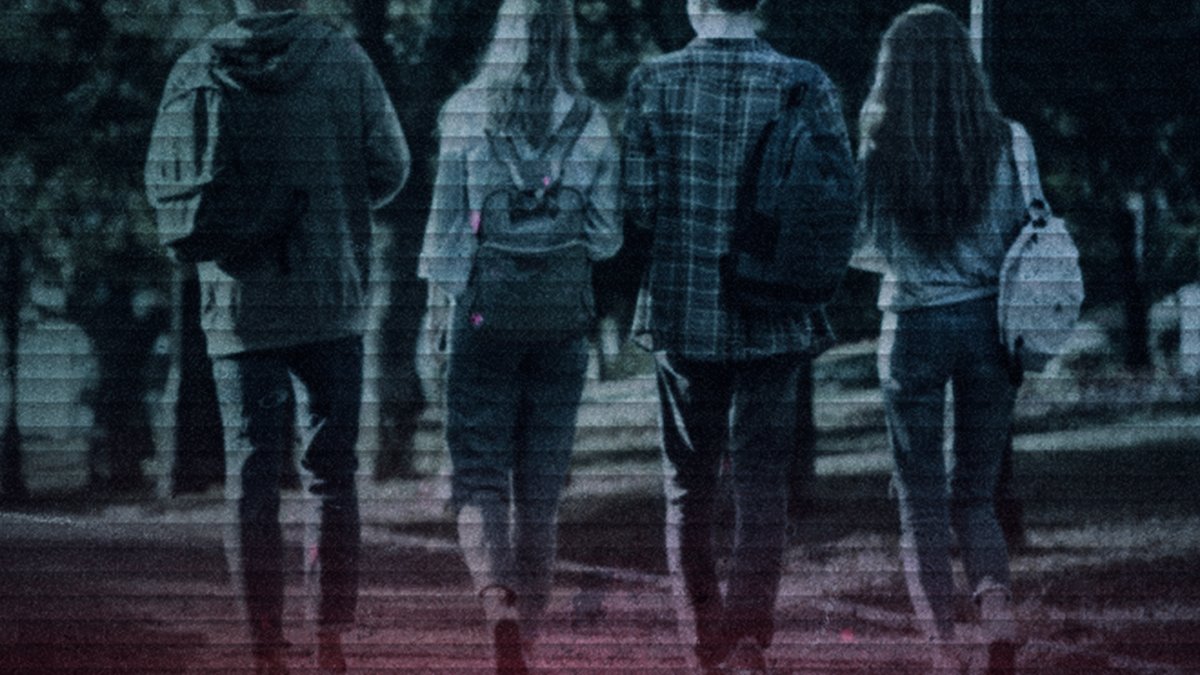The San Diego Unified School District is changing how it keeps records on student searches after a parent found out his son’s school wasn’t following the district’s own policy. NBC 7 Investigates discovered the district didn’t know how its more-than 200 schools documented searches, or whether they tracked them at all.
With that lack of record-keeping for all searches, parents like Michael Stewart wondered if they were conducted legally.
Stewart reached out to NBC 7 Investigates after the principal searched his son last spring at Patrick Henry High School, which is in the San Carlos area.
“I just didn’t feel good about this,” Stewart told us. “He’d never been disciplined for anything formally. Never any principal-level counseling. He was what I’d consider a good school citizen. …So it was like, ‘Oh, I wonder what led to a search of my son?’”
After not hearing from the school, Stewart reached out to the principal and school district leaders. He learned his son went to the parking lot to drop off a school ceramics project in his car during lunch hour. That’s not something the school allows. As he walked back to the building, the principal stopped and searched him.
“There was no contraband found. Nothing illegal found,” Stewart said.

NBC 7
NBC 7
This image shows Patrick Henry High School in 2025.
“It is my personal opinion that what happened to my son borders on being illegal,” said Stewart.
Stewart has a pretty good understanding of searches. He’s a retired Chula Vista police officer and teaches criminal justice at Grossmont College.
A spokesman for San Diego Unified told NBC 7 the district stands by their search.
However, when Stewart asked the district for records detailing all student searches, they told him they weren’t tracking all searches, something their policy states they should be doing.
“It’s a great injustice to the students at the school, and to the families, just not knowing, ‘Hey, what are they doing, when are they doing it, and how is it helping our students?’” Stewart told us.
What are students’ rights at school?
The Constitution’s Fourth Amendment protects students from unlawful search and seizure, even at school. Civil rights attorney Lauren Mellano said school officials don’t need probable cause, but that doesn’t mean they can search any student on a whim.
School workers must meet the legal standard for reasonable suspicion before they can conduct a search, which is why she says school districts should want to keep solid records on when and why they search any student.
“Making sure there are real bases for these searches is really important,” Mellano said. “They can’t just operate on a hunch. They can’t just be curious. It can’t be something so simple as, it looks like there’s something in that backpack, so now I can search that backpack for drugs. There would need to be a reason to believe that a backpack has drugs in it.”
San Diego Unified’s own policy states they will, “Document or keep records on the basis for the search.” We found that wasn’t the case.

NBC 7
NBC 7
This section of the San Diego Unified School District’s policy concerning search and seizure explains record-keeping procedures.
NBC 7 Investigates requested records of all student searches from Patrick Henry High, which included information on the reason the search was conducted and what, if any, contraband was found. The district told us those records didn’t exist and instead shared a database with demographic data for students who were suspended after administrators seized contraband.
It didn’t have information on whether a search was conducted, and if so, why or when a search took place, who performed it or even what contraband was seized.
“Why would they not keep data points on when they are taking a student into a room to search them and then knowing what they find. Why don’t they know that?” Stewart said.
NBC 7 Investigates sat down with Farshad Talebi. He runs the district’s Office of Investigations, Compliance, and Accountability. He said there’s an expectation that school administrators document searches but admits San Diego Unified doesn’t know if that’s happening district-wide.
“I didn’t do an audit of every school and how they’re documenting,” Talebi said. “So that’s where I don’t necessarily feel comfortable saying some sites were doing it right, some sites were not doing it right.”
Talebi said parents are more concerned about safety, keeping dangerous drugs and weapons off school campuses.
“I guess, anecdotally, this hasn’t been a primary concern for parents, concerns about their students being searched,” Talebi told us.
Despite the apparent inconsistencies, Talebi said parents shouldn’t feel uneasy about whether administrators abided by their own search and seizure policies.
“I think some of that is trusting our leadership,” Talebi told us. “That they’re aware of their obligations and that we’re always trying to do trainings to make sure they’re following policies.”
But without those records, how can parents really know?
“Other people invading their own children’s privacy, it’s off-putting, right? It’s disconcerting,” Mellano said. “Especially if there isn’t legitimate reasons to be doing that. I can see why people would be concerned.”
The district’s new system to document student searches
The school district will now be able to do more than just “trust” that its leadership understands its search policy. The district told NBC 7 Investigates it created a new reporting system after Stewart contacted them.
Principals must now fill out an electronic form every time a student is searched, no matter what they do (or don’t) find. As of late September, administrators have to enter the reason for a search, who conducted it, what they found and information about the student’s ethnicity and gender.

NBC 7
NBC 7
This image shows a portion of the electronic form that administrators must now fill out to document all student searches.
Stewart told us the new reporting system is a step in the right direction. He also wants the district to analyze the search data yearly and share it online. The district told us it wouldn’t do that.
“I know they can do better,” Stewart said. “They should do better.”
The district doesn’t have a written policy that mandates that administrators contact parents after their student is searched. However, a school district spokesperson told NBC 7 Investigates that administrators should be doing that anyway.
Talebi said there aren’t any plans to add parental notification to the policy.
Consenting to a search makes it legal
Mellano told us that students give up their Fourth Amendment rights if they consent to being searched by not objecting to a search out loud.
“They do have rights,” Mellano said. “And stating affirmatively that they object to a search, that they’re not consenting to a search, can be very helpful. Even if an administrator goes forward with that search, it would at least protect them legally later in a court.”
